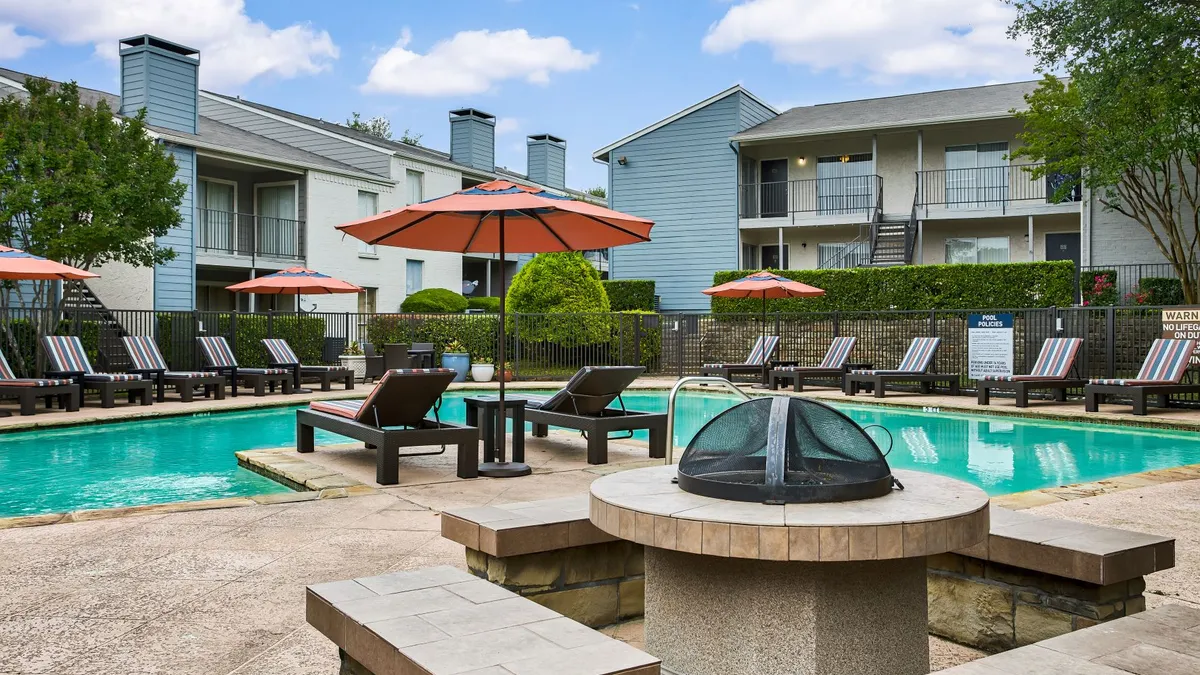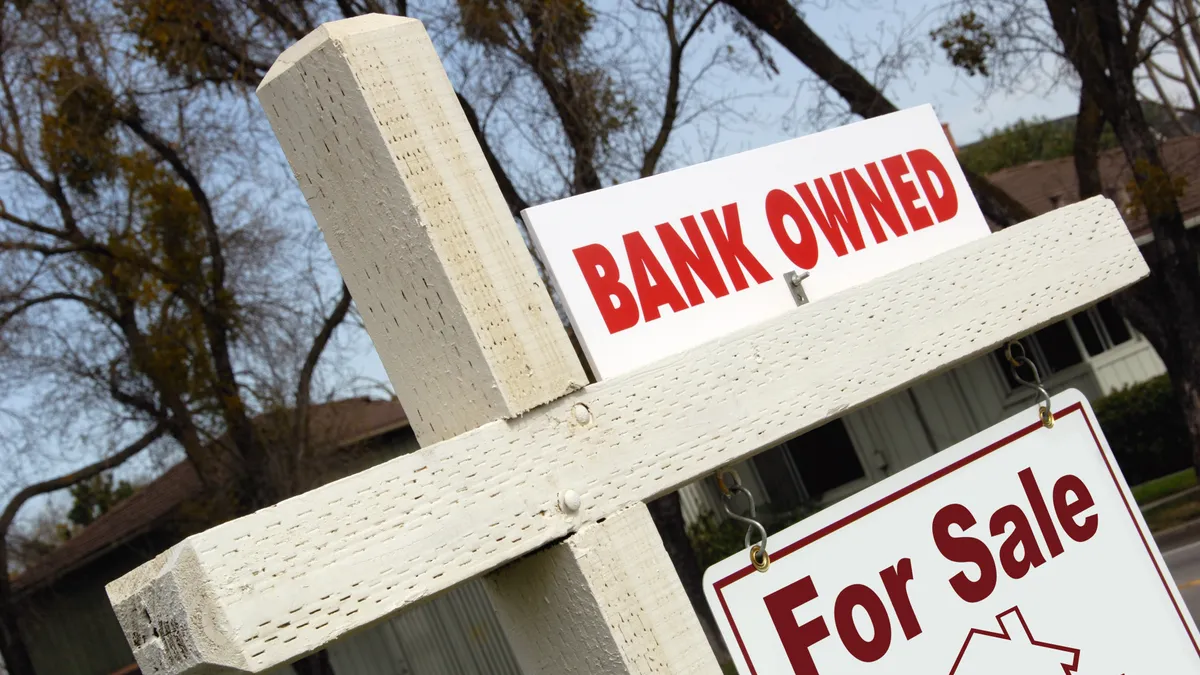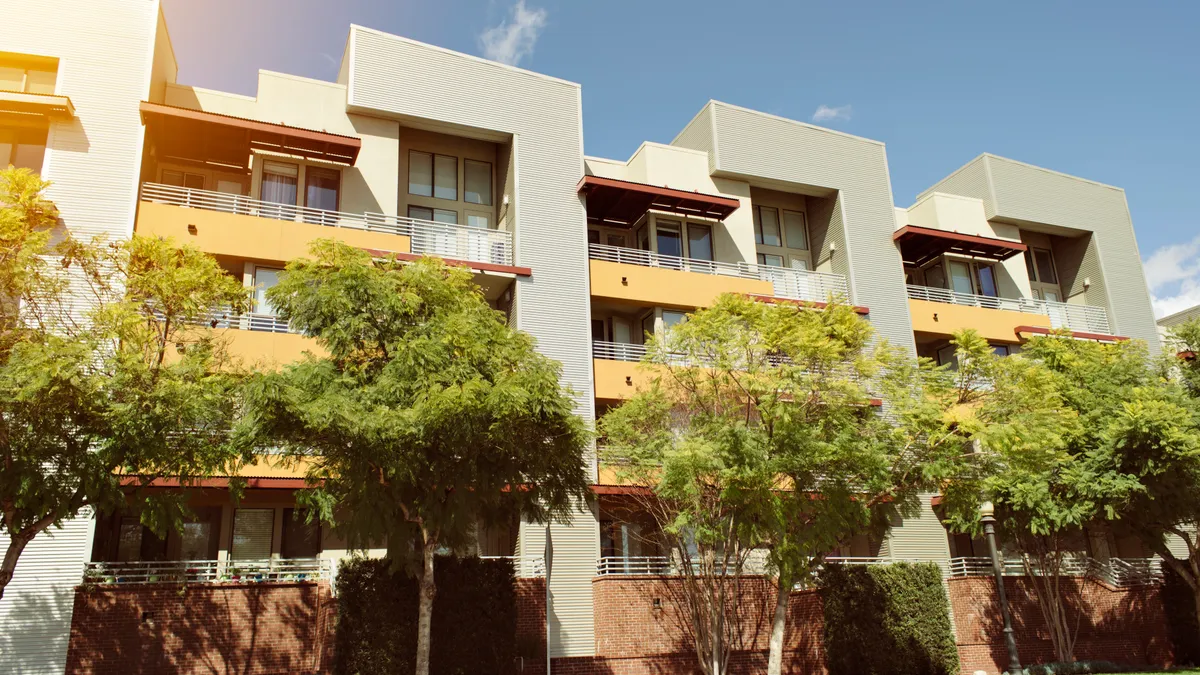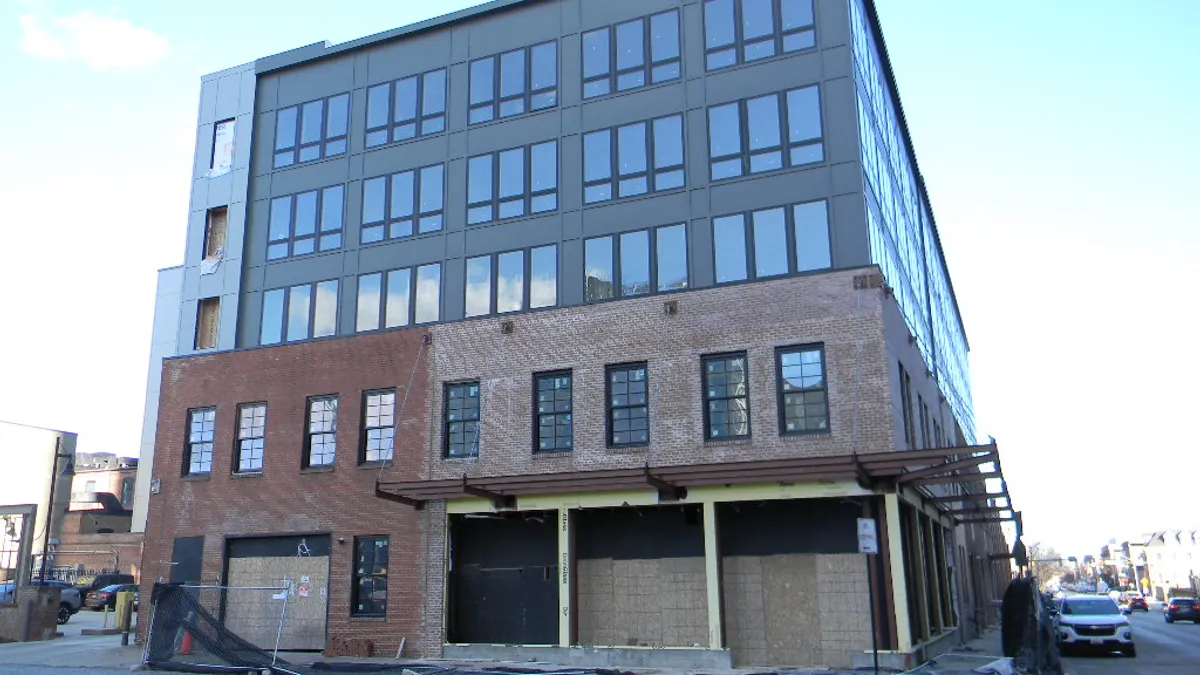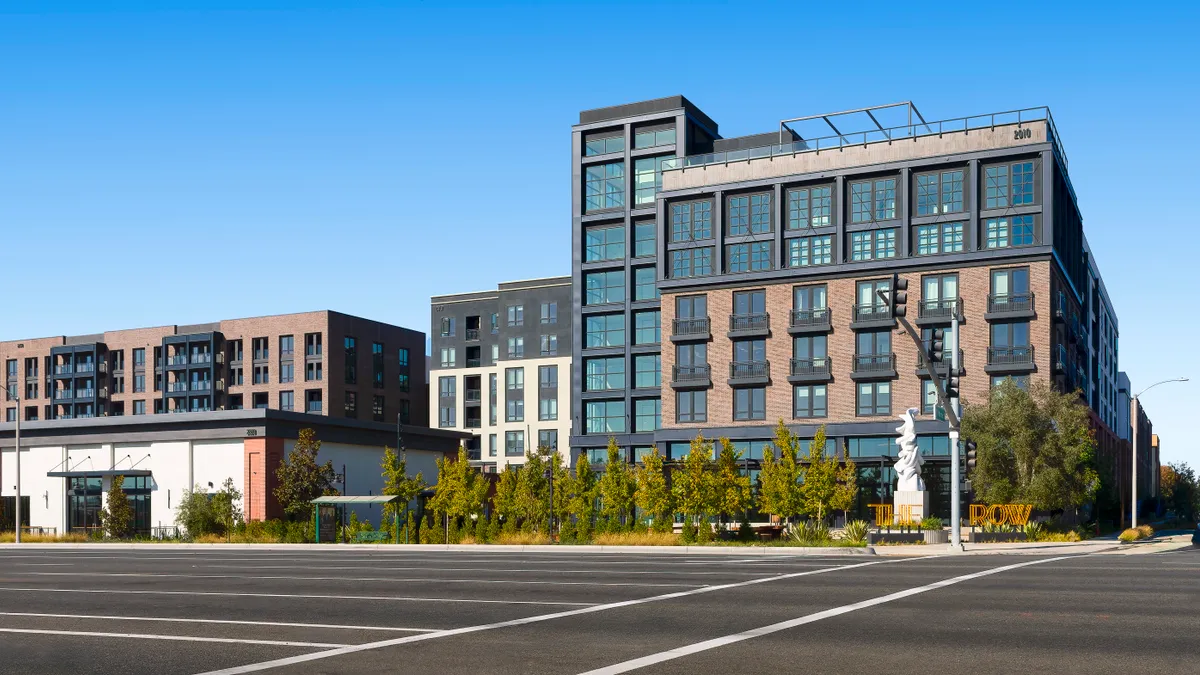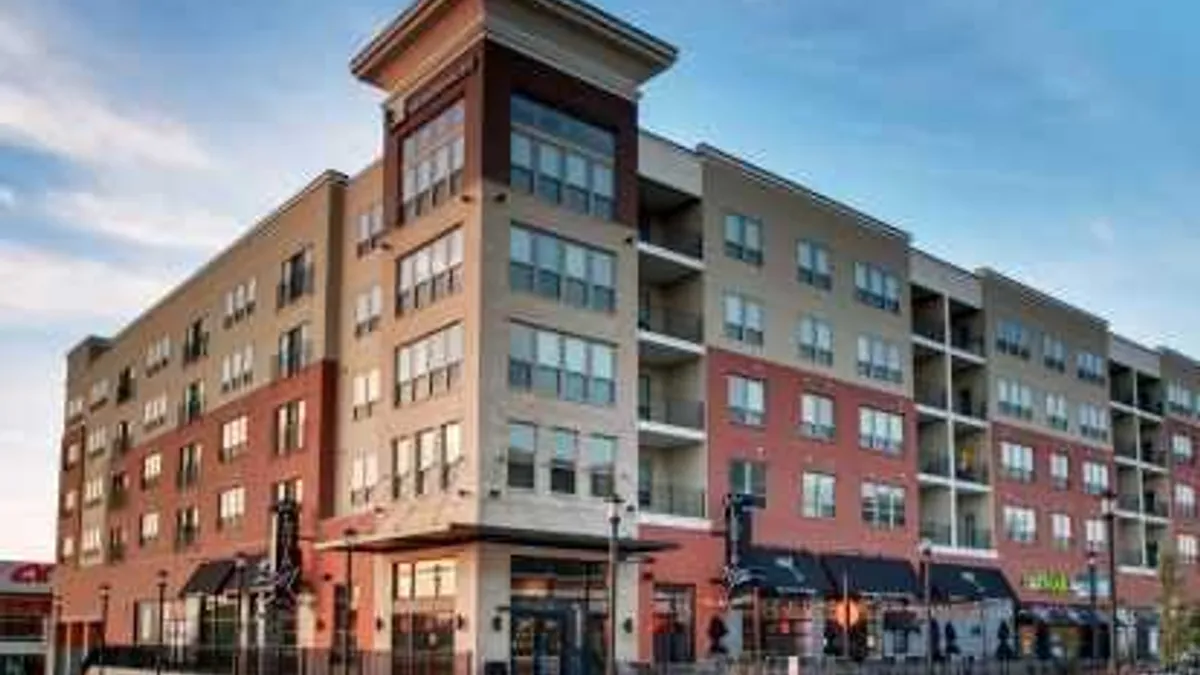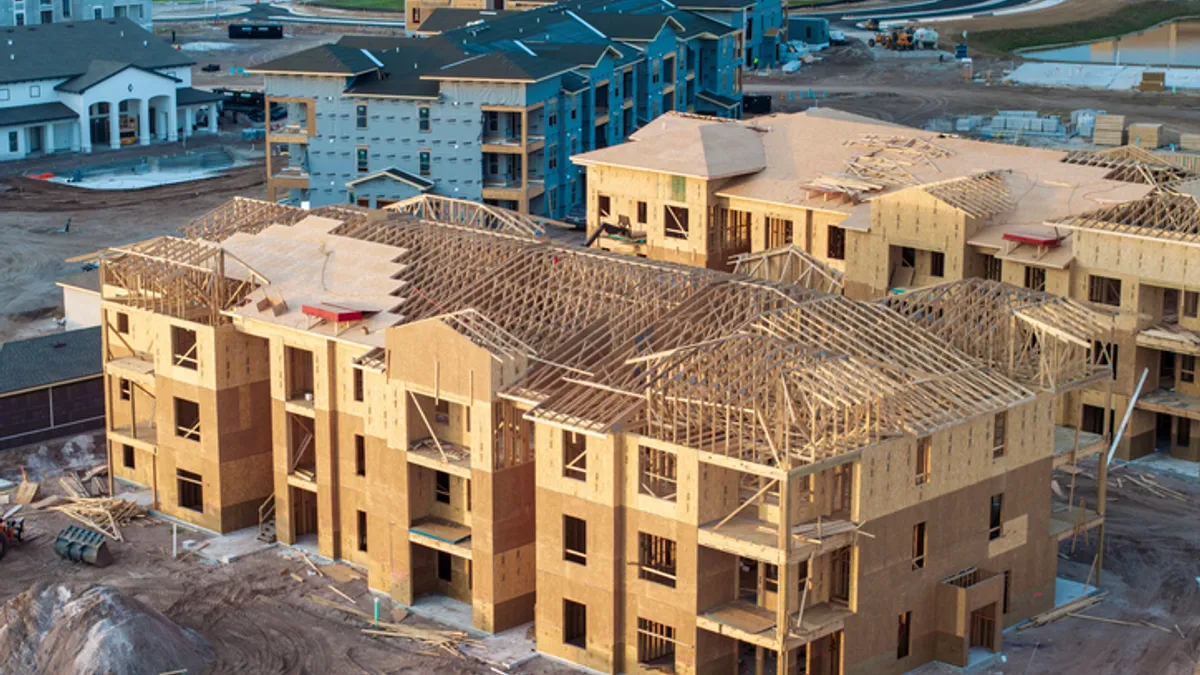Lots of multifamily firms have specialties. For some, it’s operating affordable properties. Others are masters of luxury high-rise operations, while some would rather buy and upgrade workforce properties built in the 1980s.
For Eagle Property Capital, specialization doesn’t just revolve around an asset type or a renovation package. Instead, the Miami-based firm thrives on operating workforce housing communities in culturally diverse neighborhoods, specifically serving the Latino market.
EPC Co-Founders and Managing Principals Gerardo Mahuad and Rodrigo Conesa know the market well. They were born and raised in Mexico City.
“We have some unique insights into the Hispanic culture that made it possible for us to focus on markets with a significant Hispanic population,” Mahuad told Multifamily Dive. “So that is why we started predominantly, but not exclusively, in Hispanic communities in fast-growing, Sun Belt metropolitan areas.”
Since 2011, EPC and its affiliates have acquired 39 multifamily residential properties containing over 9,300 apartment units. The company focuses on acquiring and repositioning apartment properties in Florida and Texas. It likes markets like Tampa, Florida, and Dallas, which have a significant Latino population and have benefited from in-migration from other states, a limited supply of single-family homes and favorable regulatory and tax environments.
Here, Mahuad talks with Multifamily Dive about EPC’s programs for its residents, converting hotels to apartments and the slowdown in the sales market.
This interview has been edited for brevity and clarity.
MULTIFAMILY DIVE: Why do you focus on the Latino market?
GERARDO MAHUAD: Hispanics have become a major force driving U.S. demographics and economic growth. They are the fastest-growing demographic in the United States. They have the highest household formation rates and a high labor force participation relative to the public. As a result, we believe there is a significant demand for high-quality workforce housing in the cities and counties where Hispanic populations tend to settle and have families.
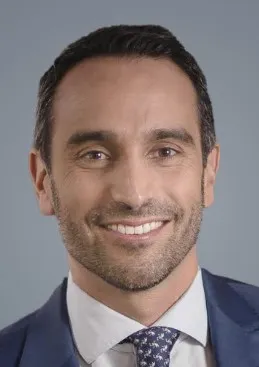
Both my business partner and I were born and raised in Mexico City, and every member of our team is either Hispanic or has experience in the Hispanic market. Therefore, while we are an equal opportunity employer and landlord as well as advocates of fair housing. We believe we have some unique insights into the Hispanic culture that made it logical for us to focus on markets with a significant Hispanic population.
What are the typical upgrades you make to the properties that you buy?
Our value-add strategy includes capital improvements to reposition our properties as best in class. But we also add value to our renters through social programs, including programs that report payments to major credit bureaus to help renters boost their credit scores, rent relief programs, after-school programs, English-as-a-second-language, personal finance classes, health and wellness education and economic advancement education and opportunities.
Our value-add strategy is not only the capital improvements but also the social aspects. We believe our programs have a direct impact on our residents to improve their lives holistically by improving the places they live in and also by creating accessible education that, among other things, helps our residents understand credit and how to manage their money. We're doing more than helping them achieve their financial goals. We are helping them support the economy in our community.
You recently converted two hotels in Clearwater, Florida into apartments. Tell me what that process was like.
Our recent acquisition of the two hotels, which we have converted into workforce housing, has actually been one of the most challenging, but at the same time most rewarding, transactions we have done as a company. Having said that, it was a long process and required a lot of effort and creativity from our team. It took us 18 months to structure the transaction. We had to negotiate with several parties in parallel. This is definitely a strategy that we would like to replicate to the extent we can find opportunities.
But it's not as easy a strategy as we would like because not all hotels have the characteristics that we need, such as density to convert to multifamily.
How hard is it to find conventional apartment communities right now?
It has gotten more difficult since interest rates went up. The acquisition pipeline started drying up in the summer, which is typical to a certain point. I believe everyone in the market expected it to increase after Labor Day. To everyone's surprise, it has been extremely slow and there's a significant gap between sellers’ and buyers’ expectations.
How has this affected you?
Our acquisition strategy is based on discipline. We are strongly committed to acquiring properties that meet our investment criteria and return expectations. Thankfully, we were able to deploy a significant amount of our Fund V very early in its term and we're well-positioned to patiently search for our next acquisitions.
We also believe our solid reputation as buyers and ability to secure financing differentiates us from other buyers in the current environment. We have discretionary capital. We can move quite fast when we see opportunities, which we believe will come sooner rather than later.
Click here to sign up to receive multifamily and apartment news like this article in your inbox every weekday



